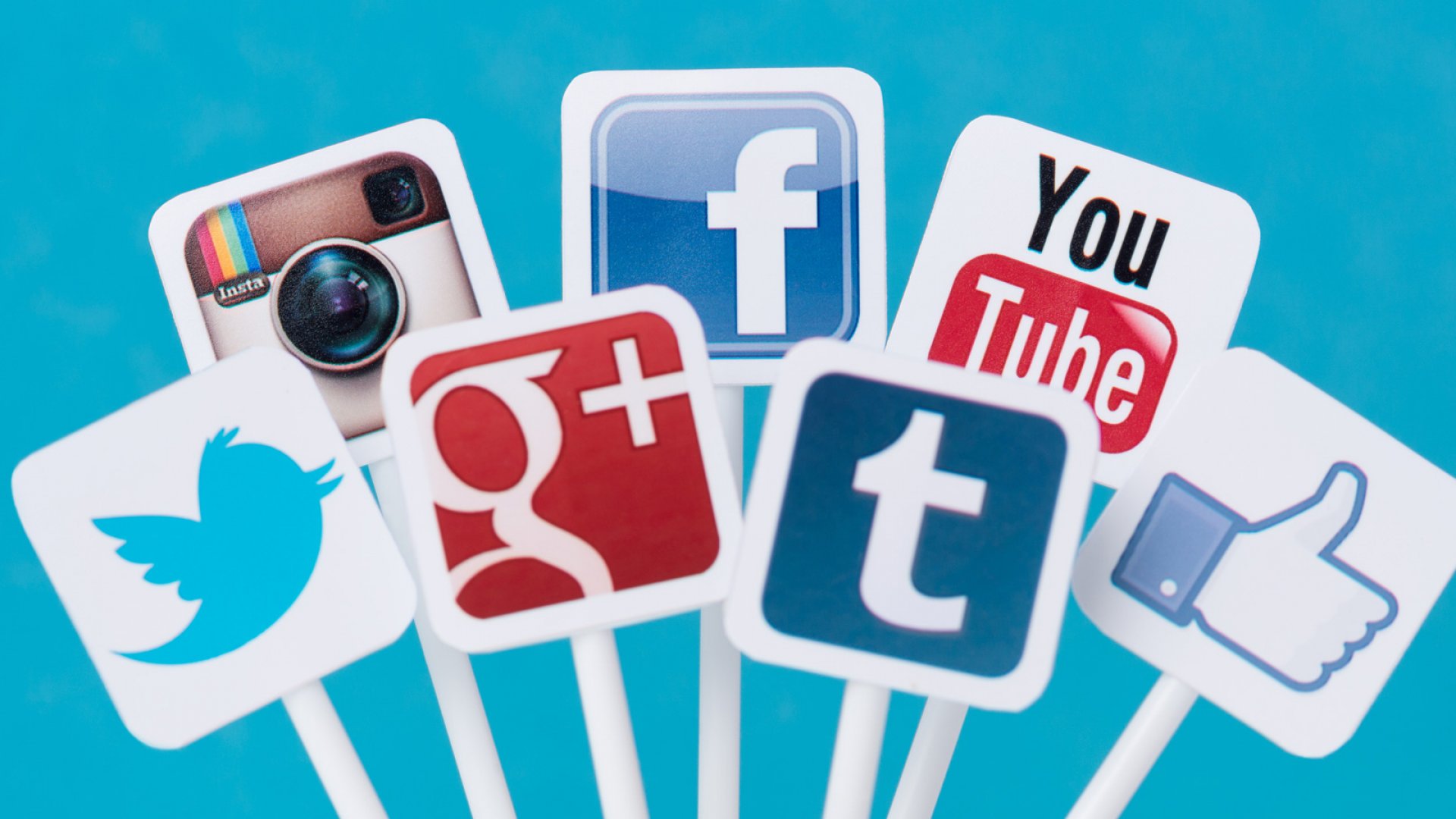As the digital landscape continues to evolve, so do the strategies and tactics used in the world of marketing. In 2023, businesses must be prepared to adapt to the latest trends and technologies to stay ahead of the competition. In this blog, we will explore the top digital marketing trends for 2023 that are set to reshape the industry and empower brands to connect more effectively with their target audience.
1. Voice Search Optimization
Voice search has been steadily gaining popularity in recent years, thanks to the widespread adoption of smart speakers and voice-activated assistants. In 2023, optimizing for voice search will be a crucial aspect of any digital marketing strategy. With the rising use of devices like Amazon Echo, Google Home, and Siri, consumers are increasingly using voice commands to perform searches and access information.
To leverage voice search effectively, businesses need to focus on long-tail keywords and conversational language in their content. Voice queries are often more natural and phrased in the form of questions, so tailoring content to address these queries will help improve visibility and organic search rankings.
Augmented Reality (AR) and Virtual Reality (VR) Experiences Augmented Reality (AR) and Virtual Reality (VR) technologies have matured significantly, and in 2023, they will play a pivotal role in digital marketing. These immersive technologies offer brands an unprecedented opportunity to engage with consumers in creative and interactive ways.
From virtual try-ons for products like clothing and makeup to AR-powered advertisements and branded games, the possibilities are vast. AR and VR experiences allow businesses to provide unique and memorable interactions with their audience, fostering stronger brand loyalty and driving increased engagement.
2. Data Privacy and Personalization
In an age where data breaches and privacy concerns are making headlines, consumers are becoming more cautious about sharing their personal information. In response, digital marketing trends in 2023 will see an emphasis on data privacy and transparency.
Brands that prioritize data protection and clearly communicate their privacy policies will earn the trust of their customers. On the other hand, they can leverage the data they do collect to deliver personalized experiences. Personalization goes beyond addressing customers by their first name; it involves tailoring content, product recommendations, and marketing messages based on individual preferences and behaviors.
3. Influencer Marketing Evolution
Influencer marketing is not a new concept, but it continues to evolve with each passing year. In 2023, we will witness a shift from macro-influencers to micro and nano-influencers. These smaller-scale influencers often have a highly engaged and niche following, leading to more authentic and relatable connections with their audience.
Partnering with micro and nano-influencers allows brands to reach highly targeted segments, resulting in better ROI and increased brand authenticity. Additionally, brands will focus on long-term partnerships with influencers, moving away from one-off collaborations, to build deeper and more meaningful relationships.
4. Social Commerce
Social media platforms have become more than just places to connect with friends; they are now powerful marketplaces. In 2023, social commerce will continue to rise, blurring the lines between social media and online shopping.
Platforms like Instagram and Facebook are already integrating shopping features, enabling users to make purchases directly from posts and stories. Brands will leverage social commerce to drive conversions, reduce the friction in the buyer’s journey, and tap into the massive user bases of these platforms.
Conclusion
As the digital marketing landscape evolves, businesses must stay agile and embrace the latest trends to remain competitive. In 2023, voice search optimization, augmented reality experiences, data privacy and personalization, influencer marketing evolution, and social commerce will be the top trends shaping the future of marketing.
By integrating these trends into their strategies, brands can foster meaningful connections with their audience, deliver memorable experiences, and drive business growth in the fast-paced and dynamic digital realm. Embrace the future of marketing, and stay ahead in the game!



